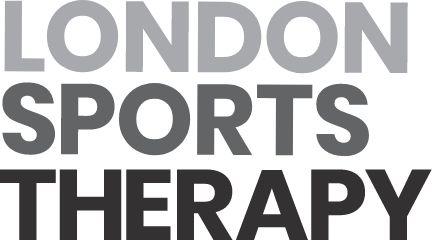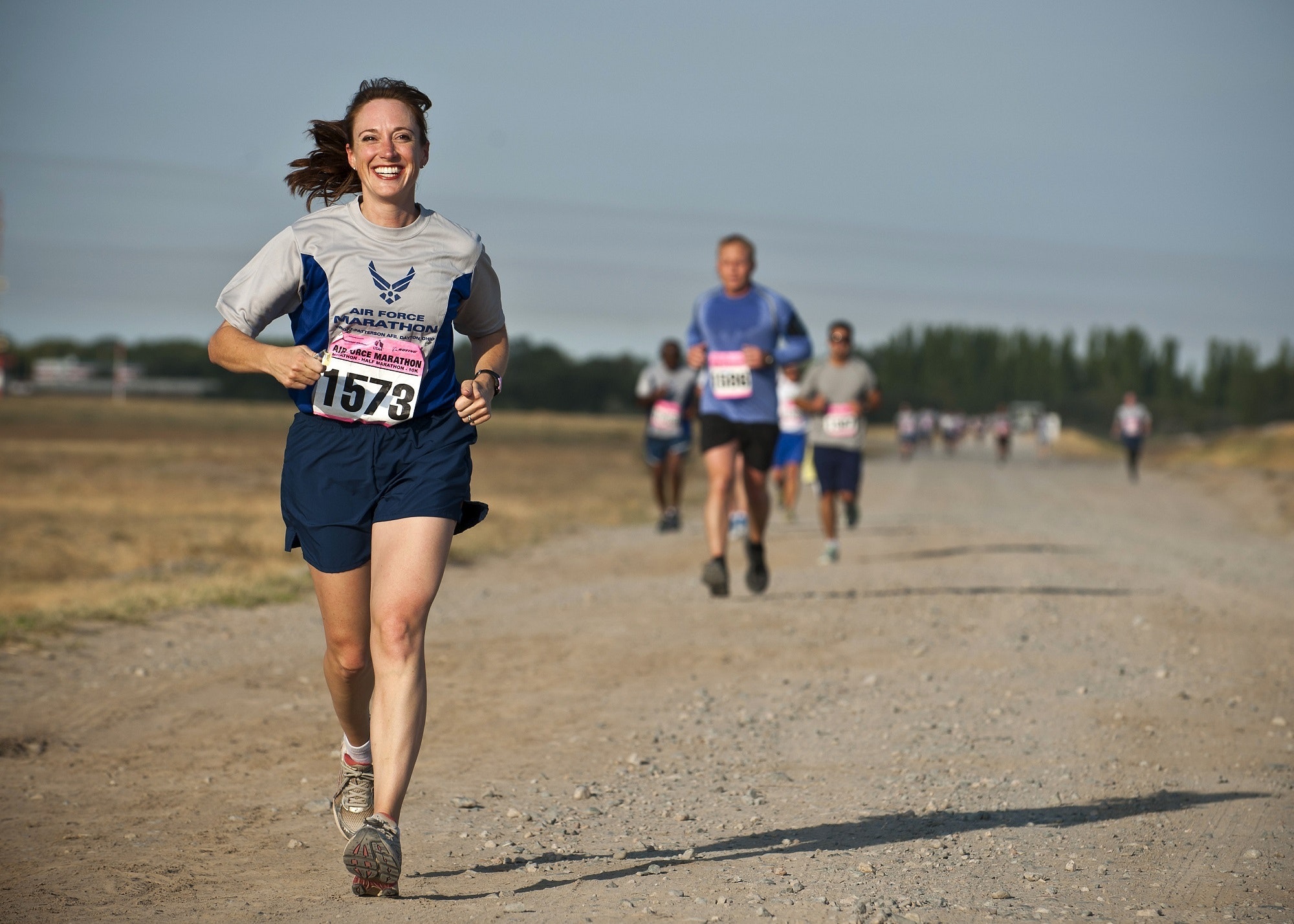Are you an ultra-marathon runner? Perhaps you’ve already run a few races or you’re thinking of getting into the sport and attending events all over the world. So, aside from physical and mental preparation, what key things should you look out for? What could help you run better, faster, and for longer while staying injury-free so you can continue to enjoy this fantastic endurance sport for as long as you like? Here’s how our Sports Clinic can help ultra-marathon athletes just like you to optimise performance, alleviate or resolve niggles and issues, prevent injuries, and stay healthy in the long run (see what we did there?)
Why do ultra-marathon runners need help from a Sports therapist?
In a nutshell, working with a Sports Therapist will give you the best tools to succeed in the sport and each individual race. And here are a few reasons why.
Because of the intense and repetitive nature of the sport, ultra-runners can often experience varying degrees of:
- Physical ailments, such as muscle strains and blisters.
- Injuries, particularly in the lower limbs, such as shin splints, stress fractures, IT band syndrome (pain on the outside of the knee), tendinopathies, plantar fasciitis, and more.
- Fatigue, dehydration, and other nutrition-related challenges.
- Physical pain and mental fatigue.
And this is where our clinic can help.
Addressing physical ailments
Muscle strains (calves, hamstrings, quads, etc.) due to overtrained or poorly-conditioned muscles are quite common for long-distance runners. But we also see people experience lower-back pain, runner’s knee (pain around the front and outside of the knee), foot issues, and blisters.
When you come and see us at the clinic, not only do we treat the issue at hand with adjustments or massage therapy where necessary. But we also give you plenty of advice on how to alleviate the issue and facilitate recovery. By doing a full assessment and analysing your running gait, we can address the key drivers that caused any issues you might be experiencing and stop them from happening in the future.
Our aim is to get you running your next race – we’re on the same page as you! And while we understand that your pain threshold levels may be high, we also don’t want smaller ailments to unnecessarily turn into long-term injuries that might cut your running career short or even impact other activities in your daily life.
For example, we can give you advice on footwear or specific proprioception exercises to help you optimise your performance and stop similar issues from happening again. So if you’re experiencing any types of niggles, discomfort, or pain during or after a race (of any kind), come and see us!
Dealing with and recovering from injuries
We can’t stress enough how important it is for any ultra-runners to come and see us in case you injure yourself. At the clinic, we are highly experienced at managing injury profiles that are specific to this category of athletes and runners. And we understand how these differ from those of non-runners or patients who don’t practise the sport.
We will help you heal from your injury as soon as possible by creating a clear plan for rehabilitation and recovery. And if you come and see us regularly during your recovery, we will also help to keep you accountable to yourself and on track with your recovery.
Our immediate goal is to manage and alleviate your injury. But in the long term, we want to make sure you fully heal with no implications and complications, so we guide you and advise you with that aim in mind. Thanks to our holistic approach, we also help you understand and address the key driver (or drivers) that lead to your specific injury so you can run more confidently and safe in the knowledge that it won’t happen again.
We also recommend that cross-training (using other training modalities, like getting on a bike, swimming, and/or getting in the gym) can be used to get a workout in. But it’s also helpful to offload tired legs. Because running is the worst thing you can do when you have a running injury! Cross-training is a great way to reduce the risk of aggravating an existing injury and preventing future ones while still being able to train.
Preparing for events – mentally and physically
As you’re probably already aware if you’re practising the sport or looking into it, other specific factors come into play when it comes to endurance running. These include:
- Hydration. Some Ultra marathons take place in extreme weather conditions, increasing the risk of dehydration, heat exhaustion, or heatstroke.
- Nutrition. These events often come with the requirement to fuel yourself as you run. For this reason, they are considered to be ‘eating’ competitions as much as they are running races.
- Clothing and equipment. In certain events, you may be required to run while carrying specific equipment (including a First Aid kit, a torch, a hat, at least 1 litre of water, etc.). You may also need to wear moisture-wicking fabric and compression gear, think about ventilation and breathability as well as layering options and protective and reflective elements, depending on where and how long your run is.
- Overtraining and Cross training. Excessive training with inadequate rest can lead to chronic fatigue, decreased performance, and increased susceptibility to illness or injury.
- Mental and psychological preparation with the mindset of ‘completing the race at all costs’.
Support with hydration and nutrition for ultra-running
As a team, we have experience with training for long runs, including marathons, and can also give you advice on proper hydration, energy intake, and electrolyte balance. Depending on your situation, we might also be able to offer strategies for managing heat or cold exposure or refer you to other specialists who can help you develop a personalised race nutrition plan.
Mental and psychological preparation
We understand that with these types of events, conditions are unique – everything is different every single time! So we can offer helpful strategies for your next race, including a healthy dose of emotional support, motivation, and strategies to help you maintain focus and mental resilience throughout your races.
There’s a fundamental psychological component to ultra running, and we often see participants persevere through injuries and (sometimes severe) pain for long distances. Your utmost priority is to complete the race. And your determination is so strong that it often means that your self-preservation instincts will kick in a lot later than what might be healthy or safe.
While we understand that, our role in supporting you is to treat injuries but also to inform and advise. We’ll always aim to get you to the stage where you can comfortably run your next race, but we’ll also be honest and upfront if we think there’s a potential for you to make your injury worse or create any long-term damage to your body.
We’ll always present you with all the facts and risks and give you our professional advice. On top of that, we’ll manage your expectations in terms of pre-hab and rehab when it comes to making a decision to run after or through an injury. And what you do, of course, is ultimately your decision to make. However, it’s important you know in advance what might happen, should you choose not to listen to your body and your injury. Running in sub-optimal conditions might not always lead to the best long-term outcome for your body. And we have a duty of care to inform you of that.
Ultra-marathon runner? Come and see us!
Our team knows that ultra-marathon running is a booming sport. Whether it’s trail running, sky running, mountain running, or any other type of endurance race, we know it’s an appealing and exciting sport with events happening in beautiful destinations all over the world. Plus, the running community is an incredibly friendly one to be a part of.
And that’s why we want to help. If you are experiencing any niggles, pain, or discomfort, or are being held back by an injury, come and see us. We can help you optimise your running and stay injury-free for longer. To book an appointment online, click here.
About Richard Stennett
Information for this article was contributed by Richard Stennett. Richard is passionate about ultra-marathon running and supporting women’s football. As well as working with Josie and the team at the clinic, Richard acts as the Clinical and rehabilitation Lead for Dorking Wanderers Women’s Football Club. In that capacity, Richard works with athletes aged 16-30+. Richard has extensive experience in acute trauma and injury profiles that impact footballers.

